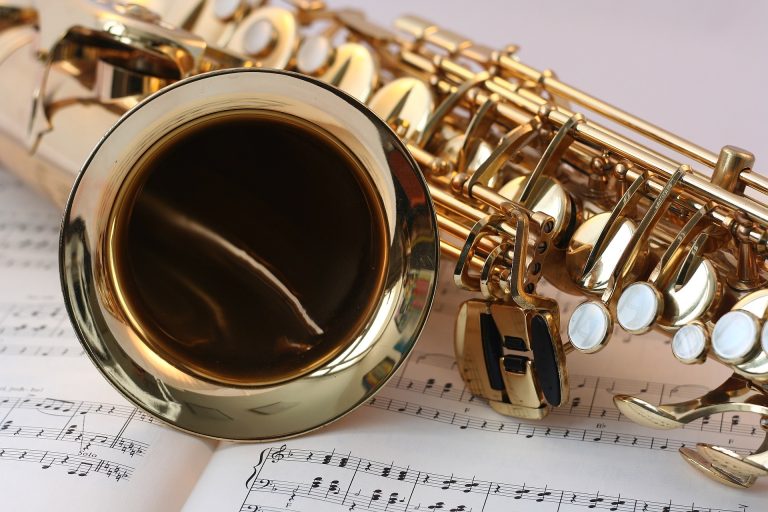Introduction
Musicology, as an academic field, encompasses the scholarly study of music in its various forms, contexts, and cultural significance. It draws on methodologies from history, anthropology, sociology, psychology, and aesthetics to explore music’s creation, performance, reception, and impact on society. This article delves into the rich tapestry of musicology, covering its historical development, key theoretical frameworks, research methodologies, interdisciplinary connections, and contemporary trends in the study of music.

Historical Development of Musicology
The study of music has evolved over centuries, shaped by cultural, philosophical, and technological advancements:
- Ancient Beginnings: Music’s role in ancient civilizations, such as Mesopotamia, Egypt, Greece, and China, was intertwined with religious rituals, storytelling, and social gatherings.
- Medieval and Renaissance: Music theory and notation developed in medieval monasteries, leading to the codification of musical practices and the emergence of polyphonic compositions in the Renaissance.
- 18th and 19th Centuries: The Enlightenment and Romantic eras saw the rise of music criticism, historical inquiry into music’s origins (e.g., Johann Mattheson), and the development of musicology as a scholarly discipline.
Key Theoretical Frameworks in Musicology
Musicology encompasses diverse theoretical approaches to analyzing and interpreting music:
- Music Theory: Analyzes the structure, harmony, rhythm, and form of musical compositions, drawing on concepts like scales, chords, counterpoint, and musical syntax.
- Ethnomusicology: Studies music within cultural and social contexts, exploring how music reflects and shapes identities, rituals, and beliefs across different societies.
- Music History: Traces the development of musical styles, genres, and movements over time, examining composers, performers, audiences, and socio-political influences.

Research Methodologies in Musicology
Musicologists employ various methodologies to investigate musical phenomena:
- Historical Research: Examines primary sources (manuscripts, scores, archival records) to reconstruct musical practices, performance traditions, and stylistic evolution.
- Analytical Approaches: Applies music theory and computational techniques to analyze musical structures, harmonic progressions, and stylistic characteristics.
- Fieldwork and Ethnography: Conducts interviews, participant observation, and recording sessions to study music in its cultural, geographical, and community contexts.
Interdisciplinary Connections
Musicology intersects with other disciplines, enriching scholarly inquiry and cultural understanding:
- Psychology of Music: Investigates how music affects emotions, cognition, and behavior, exploring topics like music perception, musical preferences, and therapeutic applications.
- Sociology of Music: Examines music’s role in identity formation, social movements, and cultural politics, studying issues of gender, race, class, and globalization.
- Technology and Music: Explores the impact of digital technologies, recording techniques, and virtual instruments on music production, distribution, and consumption.

Musicological Approaches to Different Genres and Traditions
Musicology embraces diverse genres, traditions, and global perspectives:
- Western Classical Music: Studies composers (e.g., Bach, Mozart, Beethoven), stylistic periods (Baroque, Classical, Romantic), and performance practices in orchestral, chamber, and vocal music.
- World Music: Investigates traditional, folk, and indigenous musical traditions worldwide, highlighting instruments, scales, rhythms, and oral traditions unique to each culture.
- Popular Music: Analyzes trends, genres (rock, jazz, hip-hop), and cultural influences in mainstream and subcultural contexts, examining lyrics, production techniques, and audience reception.
Contemporary Issues in Musicology
Musicology addresses current challenges and debates within the field:
- Representation and Diversity: Promotes inclusivity and diversity in music scholarship, advocating for the study of underrepresented genres, cultures, and marginalized voices.
- Digital Age Challenges: Examines issues of copyright, digital piracy, streaming platforms, and the democratization of music production and distribution.
- Music and Globalization: Studies the impact of global flows of music, hybridization of musical styles, and the preservation of cultural heritage in an interconnected world.

Musicology in Practice: Applications and Impact
Musicology informs education, performance, and cultural preservation:
- Music Education: Shapes curricula, pedagogical approaches, and music literacy programs in schools, universities, and community settings.
- Performance Studies: Enhances understanding of historical performance practices, interpretation, and improvisation techniques in classical and contemporary music.
- Cultural Heritage Preservation: Collaborates with archives, museums, and cultural institutions to document, digitize, and preserve musical artifacts, recordings, and traditions.
Future Directions in Musicology
Future research in musicology will explore emerging trends and interdisciplinary collaborations:
- Digital Humanities: Integrates computational tools, data visualization, and digital archives to analyze large-scale musicological datasets and enhance research methodologies.
- Global Music Studies: Expands comparative and cross-cultural research, fostering collaborations between ethnomusicologists, historians, and anthropologists.
- Music and Neuroscience: Investigates the neural correlates of musical perception, learning, and therapeutic applications, advancing interdisciplinary research in cognitive science.

Conclusion
In conclusion, musicology serves as a dynamic field of inquiry that illuminates the profound cultural, historical, and aesthetic dimensions of music. From ancient traditions to contemporary practices, musicology bridges disciplines, fosters cultural understanding, and enriches our appreciation of human creativity and expression.
As musicologists continue to explore diverse genres, technological innovations, and global perspectives, their research contributes to a deeper understanding of music’s role in society, education, and the human experience. By embracing interdisciplinary approaches and engaging with evolving musical practices, musicology remains essential to shaping the future of music scholarship and cultural discourse.
This article provides a comprehensive exploration of musicology, covering its historical development, key theoretical frameworks, research methodologies, interdisciplinary connections, applications in diverse musical genres and traditions, contemporary issues, and future directions in the field of music scholarship.

